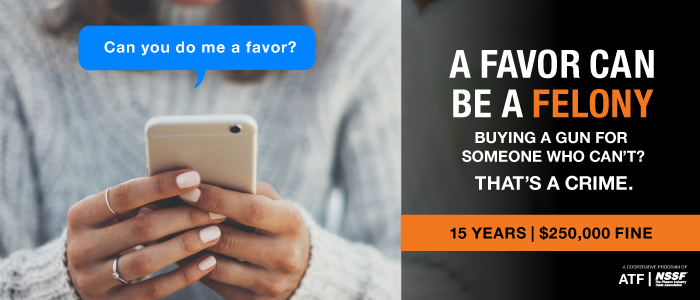A FAVOR CAN BE A FELONY
BIPARTISAN SAFER COMMUNITIES ACT
In June 2022 Congress passed, and the president signed into law, the Bipartisan Safer Communities Act (BSCA). The BSCA establishes new criminal offenses for the straw purchasing of firearms and strengthens existing federal laws that prohibit the transfer of firearms to those who are legally prevented from owning one. The law increases the maximum terms of imprisonment for straw purchasing to 15 years and a $250,000 fine and up to a 25-year prison sentence if the weapon is used to commit a felony, in an act of terrorism, or a drug trafficking crime.
ANTI-STRAW PURCHASING CAMPAIGN
In the United States, federal law prohibits certain individuals from legally purchasing firearms. These restrictions are designed to prevent guns from falling into the hands of those who might pose a danger to themselves or others. A straw purchase is the illegal buying of a gun by an individual, a “straw buyer,” on behalf of such a person. Straw purchasing of firearms poses a serious a risk to public safety. As the primary governmental agency tasked with protecting communities from violent crime and reducing the risk to public safety caused by the criminal possession and use of firearms, ATF aggressively pursues those engaged in straw purchasing.
WHO IS PREVENTED FROM PURCHASING A FIREARM?
Under U.S. federal law, there are specific categories of individuals who are prohibited from buying, possessing,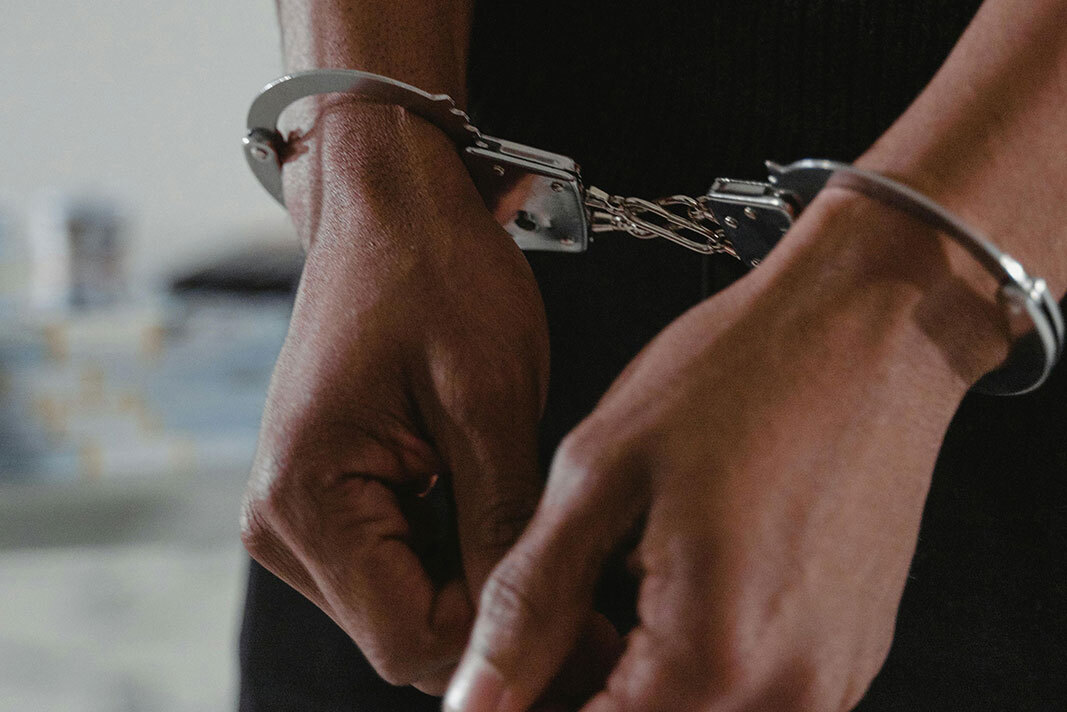 shipping, or receiving firearms and ammunition:
shipping, or receiving firearms and ammunition:
- Individuals convicted of crimes punishable by imprisonment for more than a year.
- Fugitives from justice.
- Unlawful users of or addicted to controlled substances.
- Individuals adjudicated as mentally defective or committed to mental institutions.
- Illegal aliens and nonimmigrant visa holders.
- Those dishonorably discharged from the armed forces.
- Individuals who have renounced their U.S. citizenship.
- Individuals subject to a court order restraining them from harassing, stalking, or threatening an intimate partner or child of such intimate partner.
- Individuals convicted of a misdemeanor crime of domestic violence.
WHY IS STRAW PURCHASING A PROBLEM?
- Straw purchasing undermines laws designed to prevent gun violence and prohibit those who pose a serious risk to public safety from gaining access to firearms.
- Straw purchases allow individuals who are prohibited from owning firearms—such as felons, domestic abusers, or individuals with certain mental health conditions—to bypass background checks and obtain weapons. Straw purchased firearms often end up in the hands of criminals and are used in violent crimes, including homicides, robberies, and gang-related activities.
- By giving dangerous individuals to access firearms, straw purchasing contributes to overall gun violence.
- Straw purchasing places a legal and economic burden on society through the broader impacts of gun violence on healthcare costs, loss of productivity and impact on public resources.
- Straw purchased firearms in the United States are often trafficked across the northern and southern borders and fuel violence and criminal activity in other countries.
WHO MAKES A STRAW PURCHASE?
Individuals who agree to make a firearms straw purchase do so for a variety of reasons ranging from misguided intentions to pure profit.
- A sense of loyalty or pressure from friends, family members, or romantic partners can compel someone to make a straw purchase. The individual desires to help someone they care about without fully understanding the legal implications of their actions.
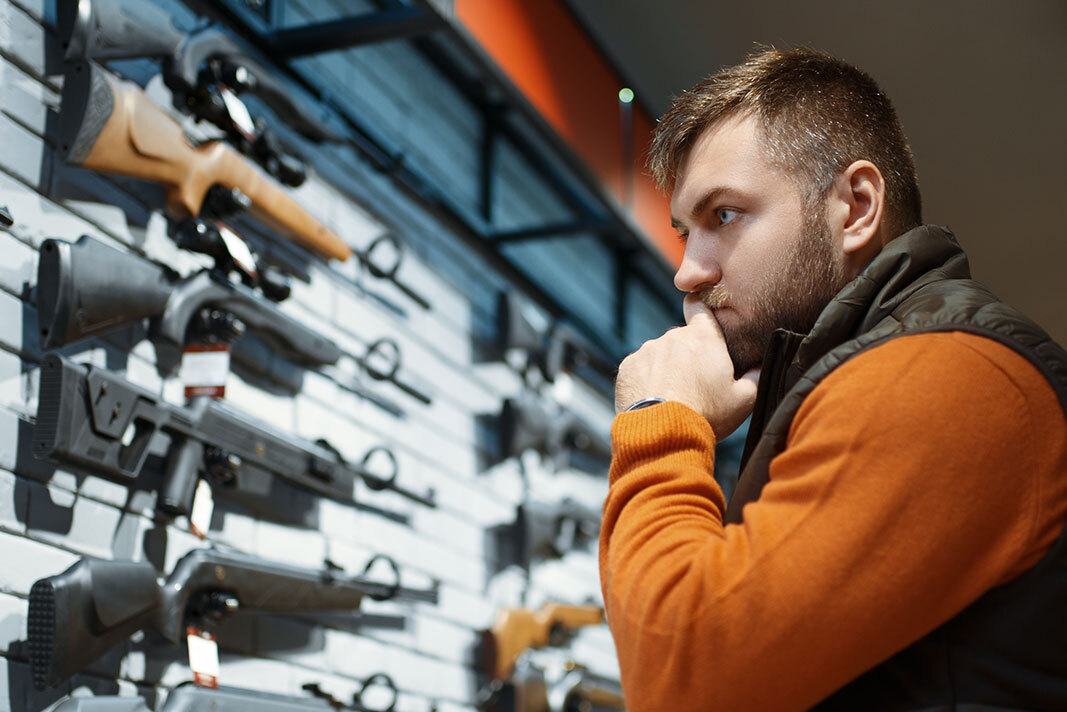
- In some cases, individuals are coerced or manipulated into making a straw purchase. They might be threatened with harm or manipulated through emotional or psychological pressure by those who cannot legally purchase firearms themselves.
- Many individuals are not aware straw purchasing is illegal. They think they're helping someone, not realizing they're committing a federal offense or do not fully grasp the severity of the legal consequences of the purchase.
- Financial gain can be a strong motivator. The person making the straw purchase is offered compensation for the transaction, making it appealing for individuals in need of money.
- People struggling with addiction or in desperate financial situations find the proposition of making easy money through straw purchases irresistible even if they understand the risks.
- Individuals who have successfully avoided detection by law enforcement engage in multiple straw purchases and contribute to firearms trafficking across the northern and southern borders of the United States purely for personal profit.
COMBATTING STRAW PURCHASES
Since 2000, ATF has partnered with the National Shooting Sports Foundation (NSSF)(link is external) on the Don’t Lie for the Other Guy(link is external) campaign to combat straw purchasing.
With the passing of the Bipartisan Safer Communities Act, ATF expanded its anti-straw campaign outreach with the dual goal of educating the public about "straw purchasing" and the associated profound legal consequences and preventing the illegal transfer of firearms.
RETAILERS ARE THE FIRST LINE OF DEFENSE
Federal firearms licensed (FFL) dealers are the first line of defense against the straw purchasing. Gun retailers can significantly reduce the risk of straw purchasing at their stores, and by doing so contribute to enhanced public safety and the enforcement of gun laws.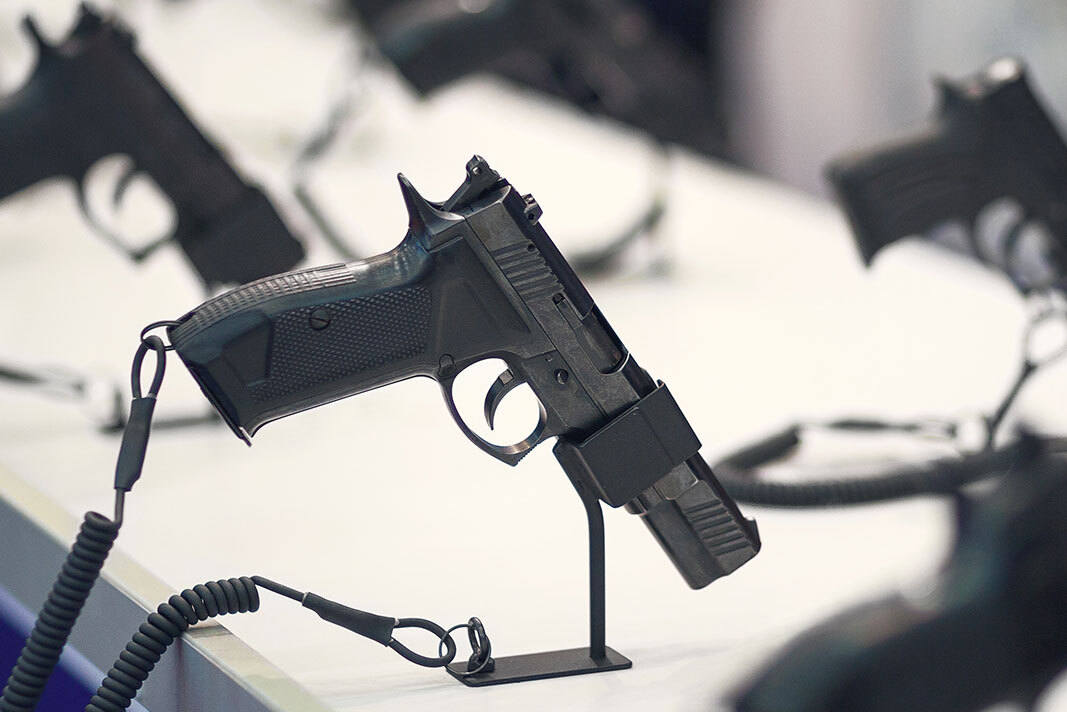
Educating employees to recognize and respond to red flags indicating a possible straw purchase are key. Flags include a buyer who is reluctant to undergo a background check, unfamiliar with the firearm being purchased, or in communication with a third party via phone during the purchase.
By posting prominent signage in the store indicating the illegality and penalties associated with straw purchases, retailers can deter attempts and raise public awareness. Sharing information and best practices for preventing straw purchases with other gun retailers and the public can lead to a broader understanding of the tactics used by individuals attempting to make straw purchases.
The NSSF(link is external) provides a tool kit that assists retailers, and their employees stop illegal firearms purchases. This free kit(link is external) includes display items to warn the public about the severe penalties for engaging in straw purchases and educational information to help retailers recognize and stop any would-be straw purchaser.
Establishing a strong, collaborative, relationship with local and federal law enforcement agencies like ATF, gun retailers can help stop the straw purchasing of firearms.
WHAT YOU CAN DO
- Individuals play a crucial role in preventing the straw purchase of firearms and combatting gun violence.
- Educate yourself about what a straw purchase is and the legal ramifications for engaging in one.
- Share information with friends, family, and community members about the dangers and legal consequences of straw purchasing.
- Patronize FFLs that are diligent about background checks and comply with all federal and state regulations.
- Help keep your local community safe by submitting anonymous tips.
SUBMIT A TIP
Submit a Tip by Phone: 1-800-ATF-GUNS (1-800-283-4867)
CAMPAIGN POSTERS
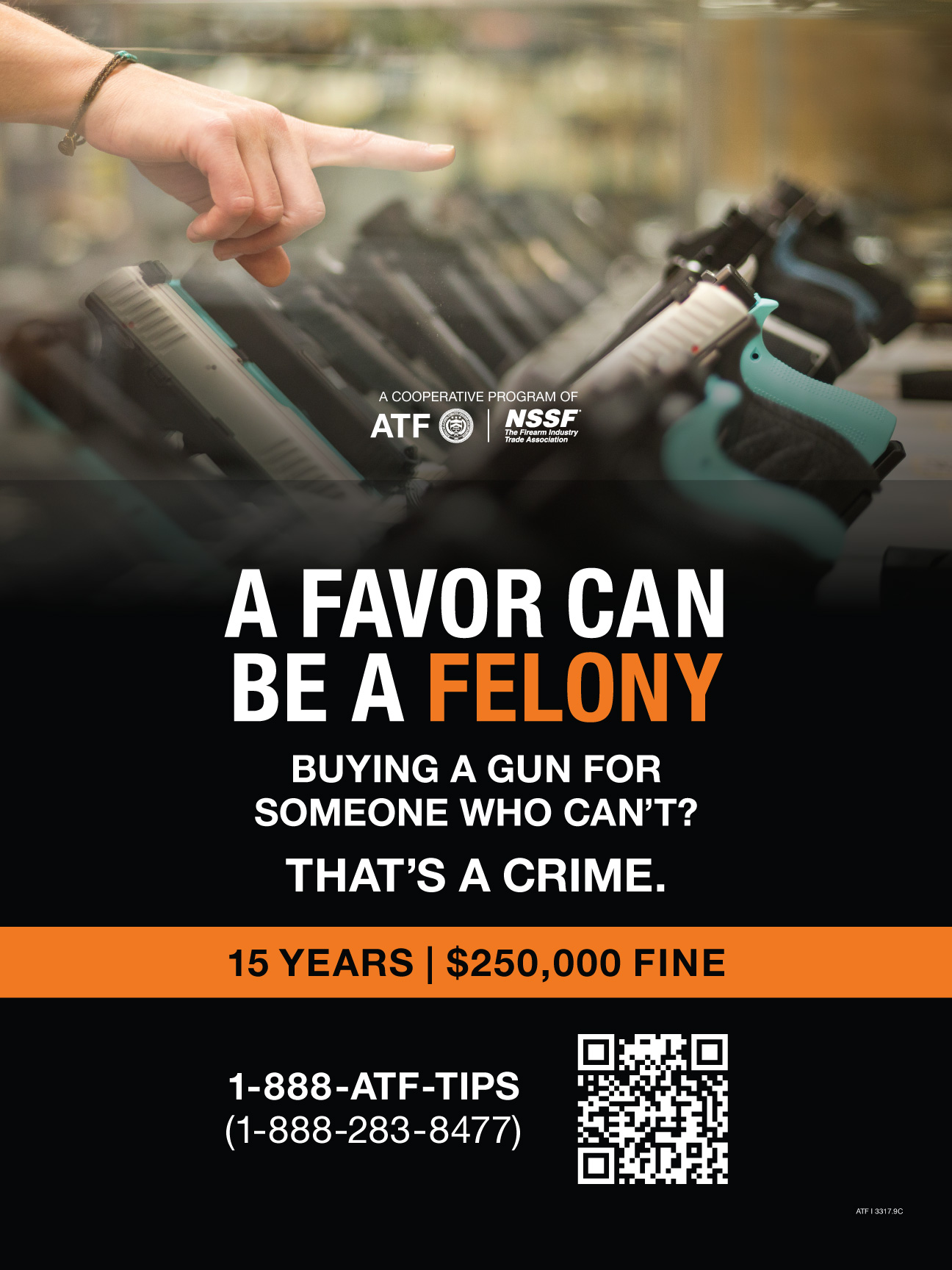 You can order a wide range of Don't Lie for the Other Guy Campaign posters from the ATF Distribution Center by using the online form.
You can order a wide range of Don't Lie for the Other Guy Campaign posters from the ATF Distribution Center by using the online form.


